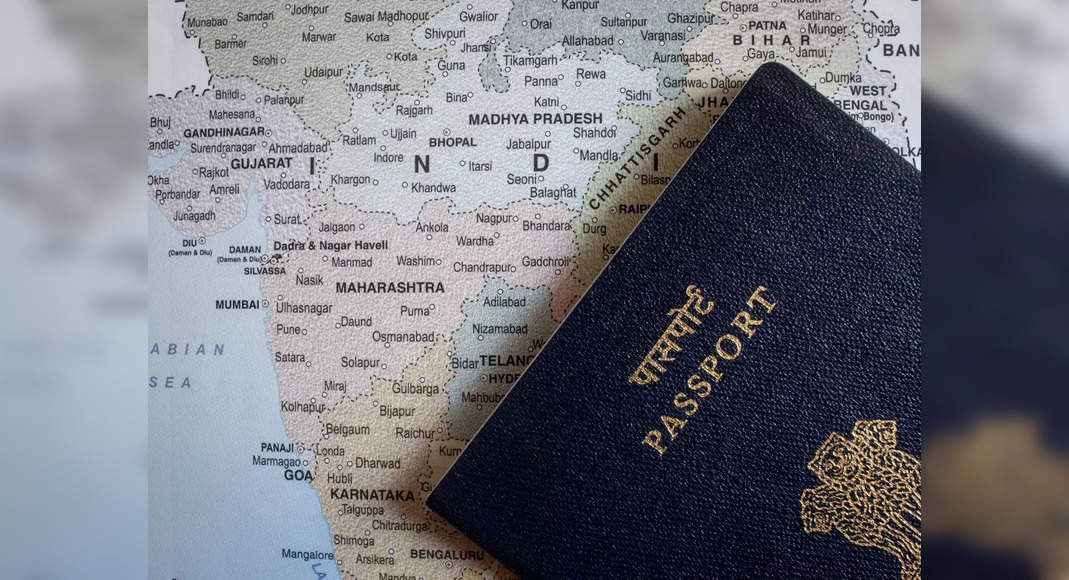Person of Indian Origin (PIO) and Overseas Citizen of India (OCI) may sound alike, but they are distinct terms. The key distinction lies in the rights and privileges granted by the Indian government to each category.
Individuals, regardless of their citizenship status, that is, PIO, OCI or residents of the country, however, must opt for adequate travel international insurance when travelling abroad, especially from a trusted brand like Tata AIG. It is important to consider a travel insurance plan in India that is explicitly designed to cater to the PIO or OCI holders who frequently travel to India.
In this blog, we shall understand the key difference between PIO and OCI.
Who is a PIO?
PIO refers to a foreign citizen-
- Who has an Indian passport at any point in time or
- Who have Indian roots through their parents, grandparents, or great-grandparents being citizens of India as defined by the GOI Act 1935 and territories that later became a part of India, provided they were not citizens of Pakistan, China, Sri, Lanka, Bangladesh, Iran, Afghanistan, Nepal or Bhutan.
- Who is a spouse of an Indian citizen or a PIO
When you have a PIO card, you are endowed with certain benefits such as visa-free travel to India, immunity from registering with the local police while in India, and the capacity to purchase property and finance businesses in the country.
Although there are limitations with regard to voting, holding public office, or acquiring agricultural land.
Who is an OCI?
OCI is a status of immigration that authorises foreign citizens of Indian origin to study, work, or live in India on a long-term basis.
With OCI status, you can enjoy extensive rights, such as the capacity to live and work in India indefinitely, with no constraints on the duration of your stay. You get a right to register for a PAN card and a driving licence with the power to purchase property and finance businesses in India.
Besides, OCI cardholders are also qualified for scholarships and other educational advantages provided by the government.
PIO Vs OCI – Key Differentiating Factors
| Particulars | OCI Card | PIO Card |
| Eligibility Criteria | You are eligible for OCI if you are a citizen on or after January 26, 1950, born in an area of India that qualified after August 15, 1947. | You get to apply for a PIO card if you ever hold an Indian passport. Moreover, or if your parents, grandparents, or great-ancestors were born in India or lived there, you are eligible to apply for the same. |
| Relatives Eligibility | Spouse: Suitable if not of Indian origin.Children: One parent must have foreign citizenship with Indian heritage. | Spouse: Suitable even if not of Indian origin.Children: Suitable only if parents have the right to be a citizen of India. |
| Fees | The OCI card fee is ₹1,400, and for the re-issuance of a duplicate passport, the fee is ₹5,500. | The OCI card fee is ₹15,000 for adults and ₹7,500 for children aged up to 18 years. |
| Visa Validity | Once you get an OCI card, you get lifelong visa validity. | The visa is valid for 15 years once issued. |
| When can you apply for citizenship | After a minimum of 7 years of regular residency in India | Following the completion of the five-year waiting period and the one-year residency requirement, individuals become eligible to apply for Indian citizenship. |
| Document Format | You need to have your OCI card and U visa sticker affixed to the applicant’s passport. | The document format is a booklet with the applicant’s information. |
| Processing Period | The processing period is 8 to 10 weeks. | The processing period is 4 to 6 weeks. |
| Procedure | The consulate in Delhi approves the OCI card and sticker.The passport and fee receipt are sent to CKGS for affixing the OCI sticker. | All documents are shipped to CKGS simultaneously for consent. |
| Registration in FRO/FRRO | NA | It is compulsory to update your registration in FRO/FRRO after 180 days, with an additional 30 days provided. |
| Where to Apply | There is a CKGS Application Center in the applicant’s jurisdiction. | |
| Is there a Requirement for Indian Visa | There is no requirement for an Indian Visa. | |
Conclusion
As an Indian origin individual living abroad, you can either apply for a PIO or OCI card. The benefits offered in both cases differ, as discussed in the blog above. However, regardless of your residential status, when travelling to any country, apart from other mandatory documents, it is advisable to have a travel insurance plan to safeguard your trip and protect yourself from financial emergencies arising during travel. So why wait? Bet your travel policy and secure yourself against a wide range of unforeseen circumstances.

